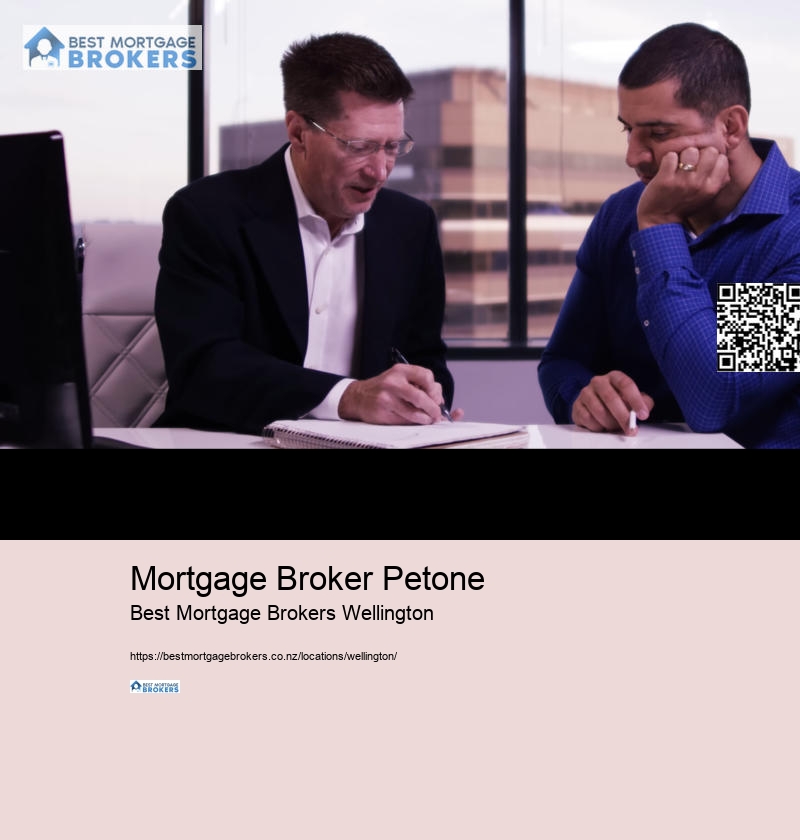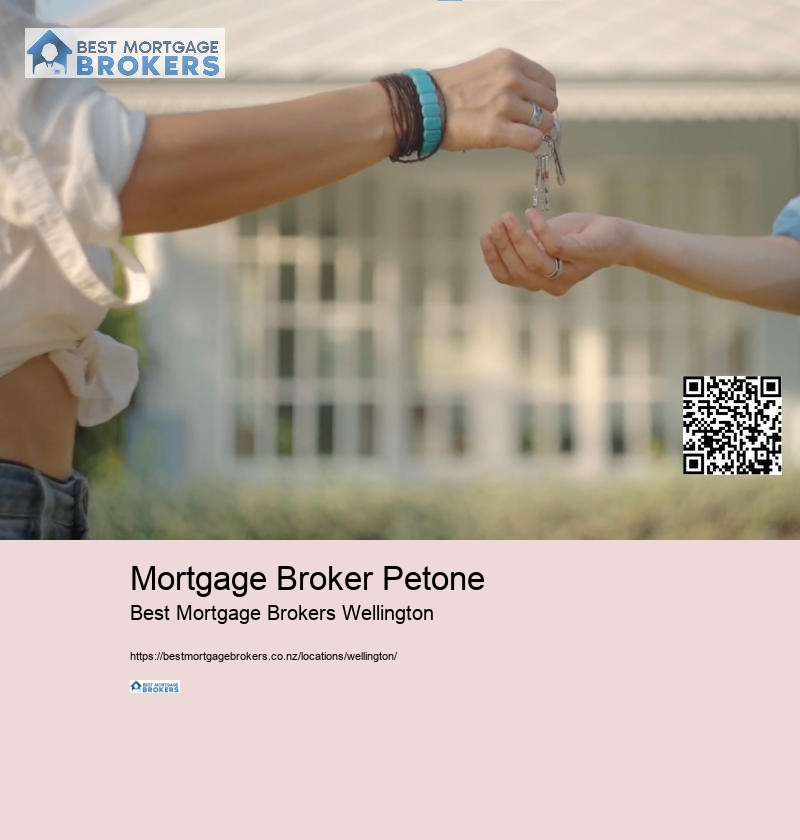Mortgage Broker Petone
mortgage
Lenders evaluate the risk of lending to an individual based on their credit scores. A higher credit score typically results in lower interest rates, as it indicates a lower risk for the lender. On the other hand, a lower credit score may lead to higher interest rates or difficulty in securing a loan.
Fixed-rate home loans often carry higher initial interest rates than adjustable-rate homes, which initially have lower rates but can fluctuate. In addition, the length and type of loan term will affect the rate.
After understanding what factors influence mortgage rates first-time homebuyers are able to benefit from some practical tips on how to successfully navigate the homebuying journey.
Mortgage Broker Petone - advisor
- property investment
- financial expertise
- personalized financial solutions
- home buyers
- property investment
- financial expertise
- personalized financial solutions
You should know your budget before you start looking for a house. You should also consider getting preapproved for a loan.
Affordable Home Loans Wellington




